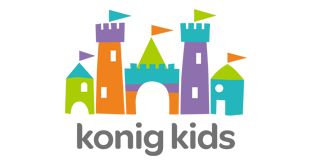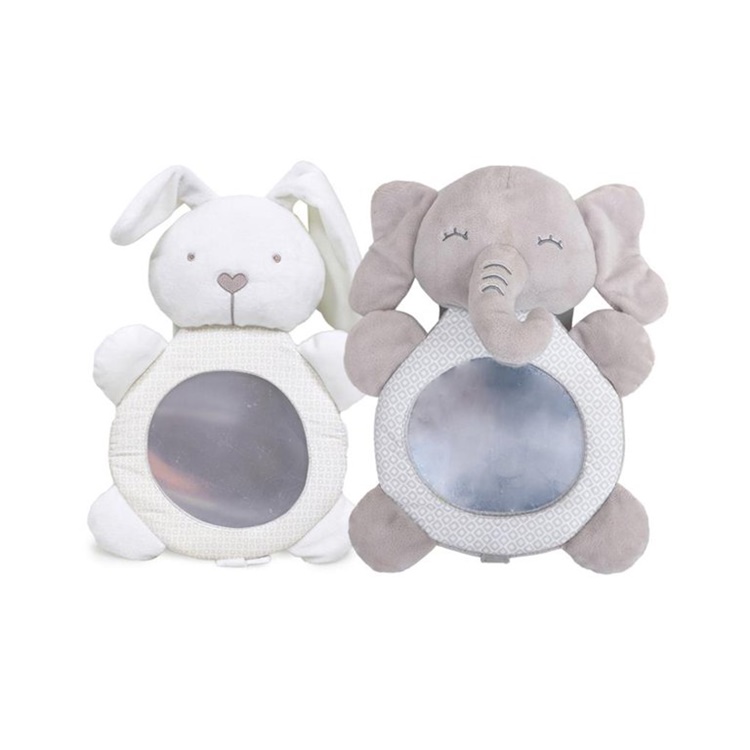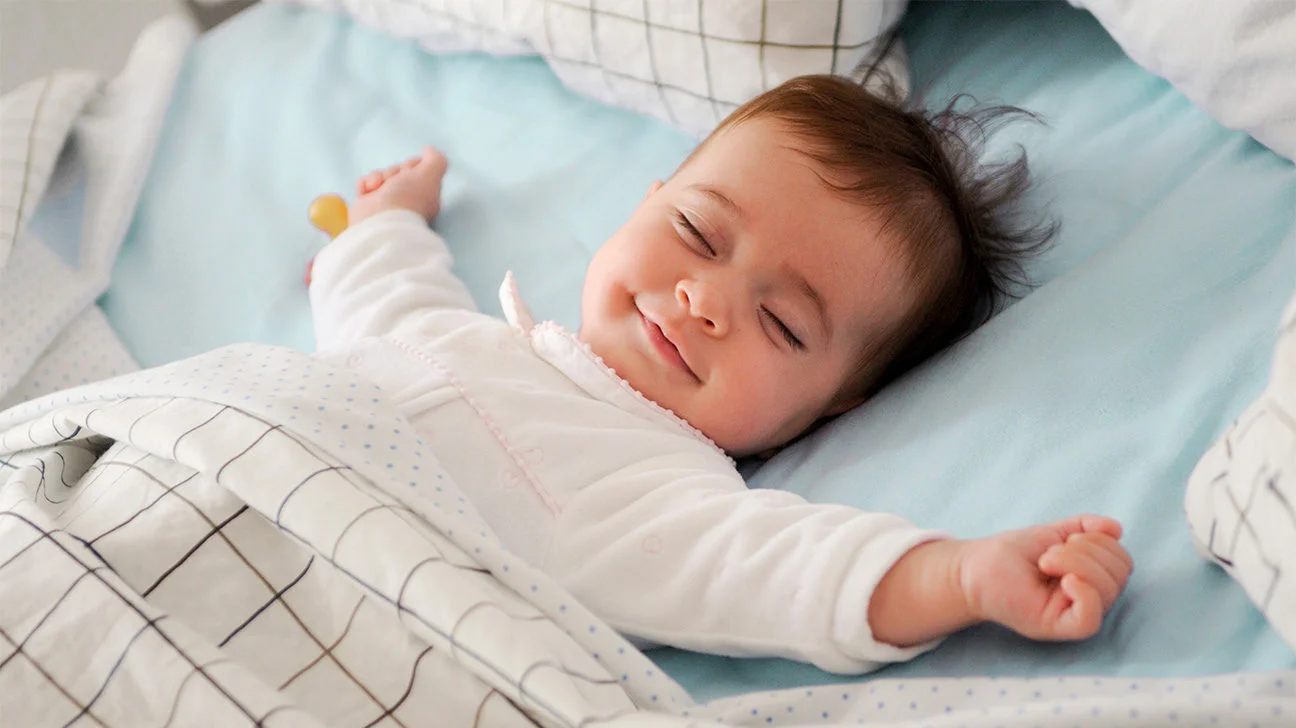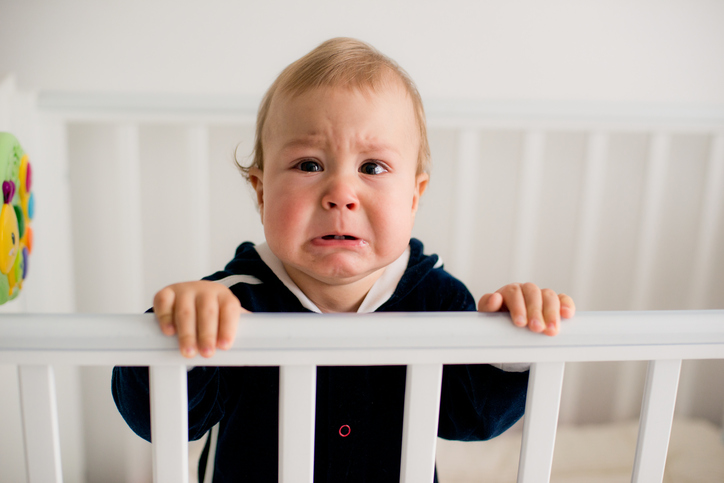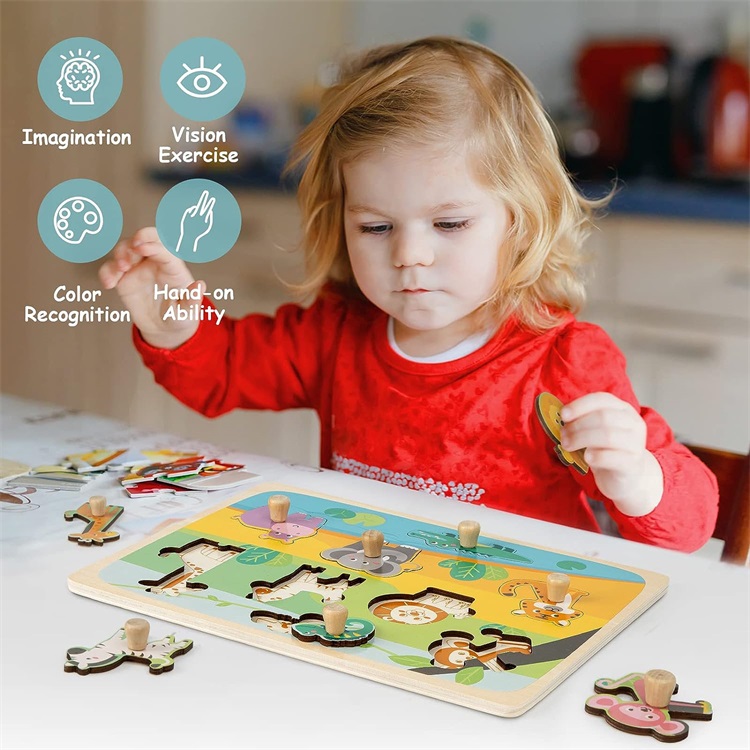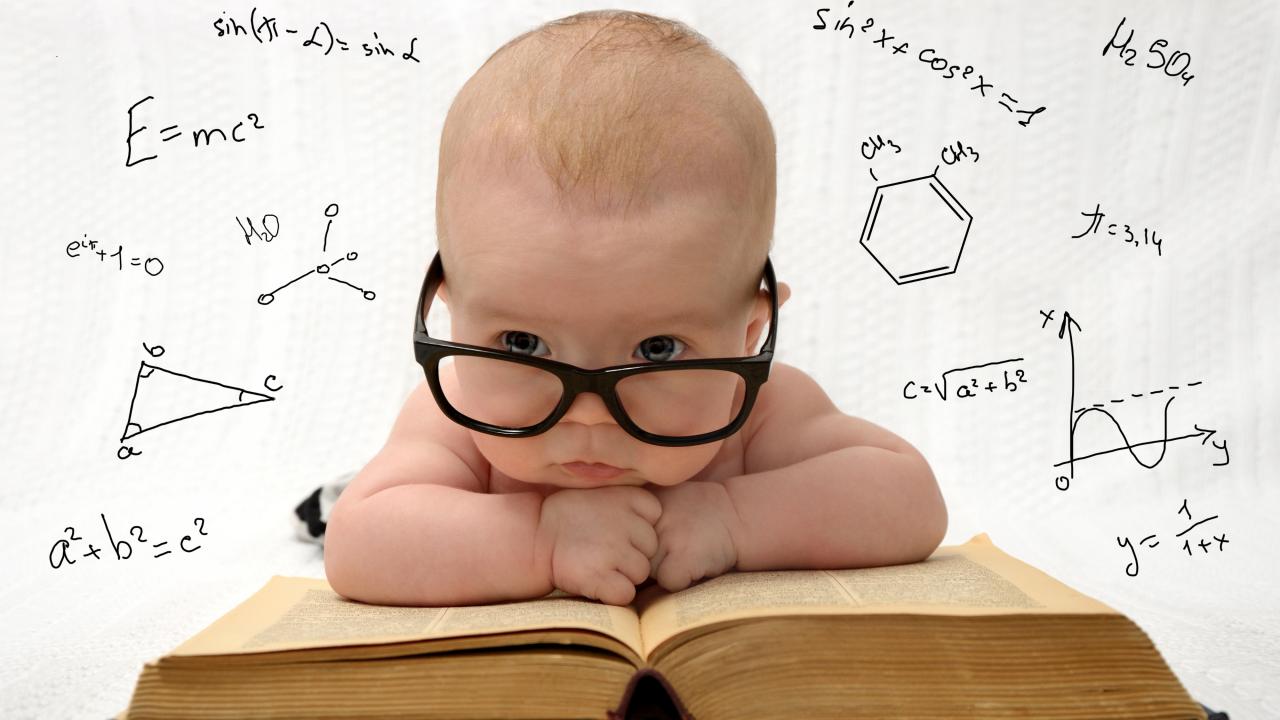Baby Mirror – Must Have Development Toy
Babies love faces! Babies especially love the faces of their parents and caregivers, but they also enjoy seeing all types of faces whether they are in books, faces of friendly visitors, or you guessed it – in the mirror! Babies really like looking at themselves in the mirror.
No, they’re not tiny egomaniacs. They’re not worried about how their hair looks or checking for food in their teeth. If they even have any.
For your baby, looking in the mirror is play. It’s fun and fascinating.
And for parents and caregivers, it’s a great way to spend some time together in play, which is how young children learn. Mirror play is an opportunity to talk with your baby, laugh, and enjoy some time together. It’s another little way to deepen your connection.
Understanding the Stages:
As your baby’s vision improves during the first year, the fun and learning she’ll gain from mirror play increases. Here’s what happens at each age and stage:
- 2 months: You can let baby gaze at an unbreakable baby mirror as early as 2 months, though her sight is still blurry at this age.
- 4 months: By about 4 months, she’s tracking images with her eyes and will definitely be interested in mirror play, especially if you prop it in front of her during tummy time.
- 6 months: At this age, your baby can identify familiar faces, respond to emotions (like smiling!) and enjoy gazing at herself in the mirror.
- 12 months: When she reaches her first birthday, your baby’s vision is as good as an adult’s, so continue labeling body parts and explaining emotions during mirror play.
The Benefits of Mirror Play:
Mirrors can spark curiosity and motivate little ones to practice these skills:
- Tummy Time: Mirrors can encourage babies to keep their heads up and look around while on their tummies.
- Vision: Their visual tracking skills become stronger as they watch reflections of moving things.
- Fine Motor Skills: Mirrors inspire babies to reach, pat, and point.
- Gross Motor Movement: Babies are motivated to roll, sit up, crawl, and stand to get closer to their reflection.
- Sense of Self: Around 20 months, they realize that the “other baby” in the reflection is actually them!
- Language and Emotional Skills: Mirrors are a creative way to use imitation to teach things like vocabulary, gestures, and other emotional expressions.
Do I have to spend all day in front of the bathroom mirror?
No, of course not! There are small mirrors made for baby to play with and even toys that have a mirror built-in. Make sure the mirror is unbreakable before giving it to baby. If there are any chips or cracks, do not give the mirror to baby as it may not be safe. Baby will enjoy playing with their mirror on the floor, in their high chair, or even in the car.
Keep in mind that games you already play with your baby, such as peek-a-boo, can be extra fun with a mirror!
Post a Comment
You must be logged in to post a comment.
